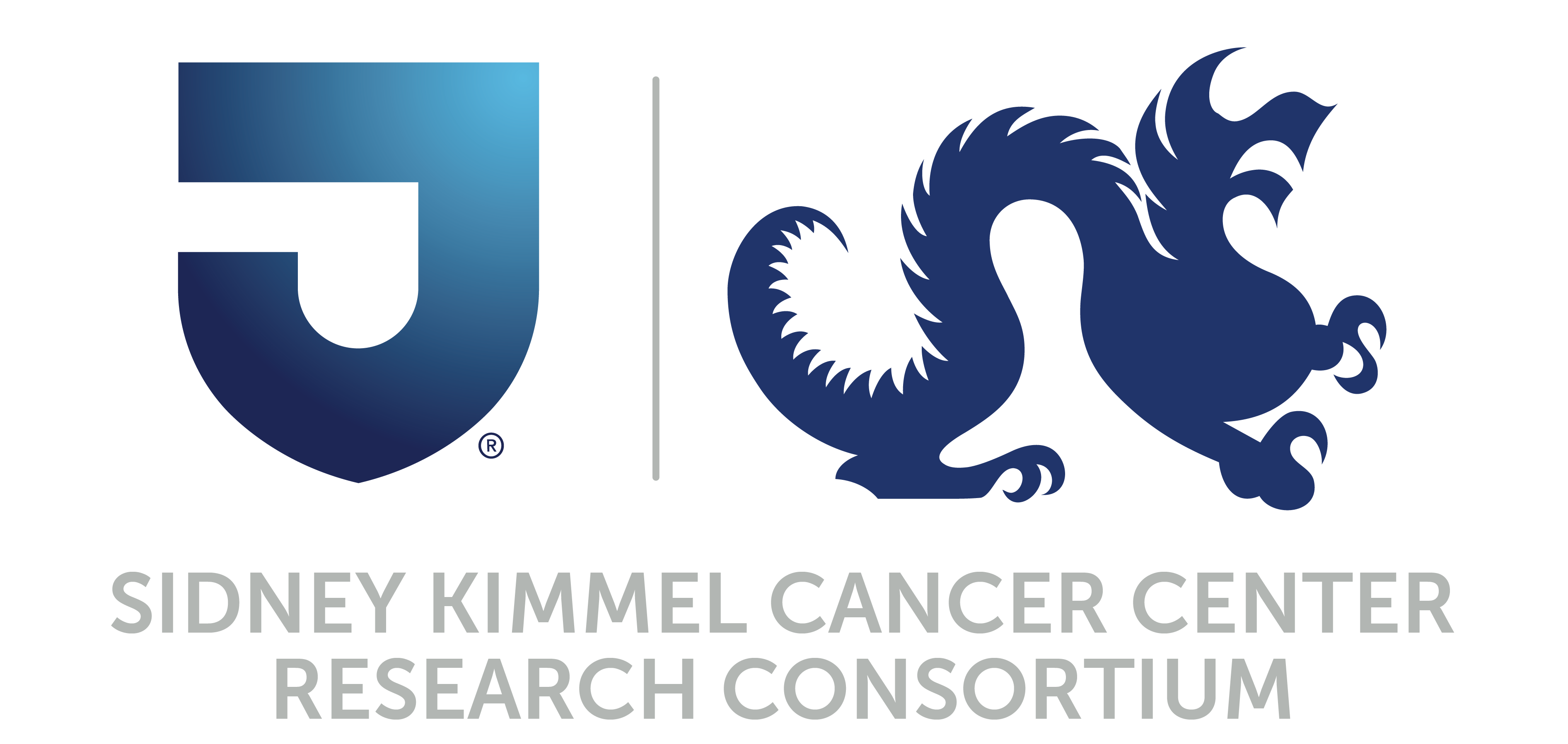
Ongoing Trial to Determine Role of Degarelix in Lowering Cardiovascular AEs in Prostate Cancer

The ongoing phase IIIb PRONOUNCE trial is seeking to determine if the gonadotropin-releasing hormone receptor antagonist degarelix (Firmagon) is more likely to reduce cardiovascular events in patients with advanced prostate cancer and CVD versus the GnRH agonist receptor leuprolide.
James R. Mark, MD
Evidence suggests that androgen deprivation therapy (ADT) increases the risk of cardiovascular disease (CVD) for patients with prostate cancer. It is known that both prostate cancer risk and cardiovascular risk increases with age, but there is also an association between them, according to James R. Mark, MD, an assistant professor at the Sidney Kimmel Cancer Center of Thomas Jefferson University Hospital.
However, the ongoing phase IIIb PRONOUNCE trial is seeking to determine if the gonadotropin-releasing hormone (GnRH) receptor antagonist degarelix (Firmagon) is more likely to reduce cardiovascular events in patients with advanced prostate cancer and CVD versus the GnRH agonist receptor leuprolide (NCT02663908).
According to a prospective cohort study, the incidence of prostate cancer most frequently occurs in men aged 70 to 79, with 1152.6 incidents per 100,000 person-years. The CVD risk for that age group is 1719.7 incidents per 100,000 person-years, which is only increasing as men age, Mark adds. However, as the incidence of CVD increases as the person grows older, the rate of prostate cancer decreases in men in their 80s, which could be due to the decrease in scanning of the older age groups.1
As more men were being treated with ADT, a study was conducted to determine the overall survival (OS) in patients with localized prostate cancer not suitable for local curative treatment who were treated with immediate or deferred androgen ablation. The European Organization for Research and Treatment of Cancer trial 30891 concluded that immediate ADT resulted in a modest but statistically significant increase in OS but no difference in prostate cancer mortality or symptom-free survival.
Of the 493 patients to receive ADT immediately, 19.1% of patients died due to prostate cancer and 17.9% died from cardiovascular events.2 Additionally, of the remaining 492 patients who received deferred treatment with ADT, 20.1% died from prostate cancer and 19.7% died from cardiovascular disease.
“Patients who receive ADT are just as likely to die from a heart attack as they are from prostate cancer, no matter what type of ADT men receive,” said Mark in a presentation during the 2018 OncLive® State of the Science Summit™ on Prostate Cancer.
It remains imperative for physicians to be aware of the risks in order to utilize ADT safely in patients with prostate cancer. According to a paper investigating the steps to reduce cardiovascular disease, administering aspirin for pain management, monitoring blood pressure, promoting smoking cessation, and supporting healthy diet decisions and exercise are a few ways physicians can help prevent these events.3
Men treated with different ADTs have similarities in their CVD history, Mark explains. In a pooled analysis, 31% of patients treated with degarelix and 29% treated with a GnRH agonist had CVD history.4 The main differences with GnRH agonists versus antagonists include testosterone surges, no follicle stimulating hormone (FSH) suppression, and stimulation of GnRH receptors on T cells. GnRH antagonists include no testosterone surges, FSH levels are suppressed, and there is no increased T-cell activity.
In the study that led to the FDA approval of degarelix in patients with prostate cancer, 610 were randomized to either degarelix or leuprolide (Lupron). The prostate-specific antigen (PSA) dropped immediately with degarelix independent of dose, whereas leuprolide had an initial surge, which was similar to the testosterone surge and FSH.5
“It is unclear what the role of FSH is playing,” Mark said. “There may be a role for prostate cancer progression in FSH, which may be why there is more PSA control with degarelix than other treatments.”
Moreover, the PRONOUNCE trial is comparing degarelix with leuprolide for patients with advanced prostate cancer with predefined CVD to determine which agent can reduce the risk of cardiovascular complications. This phase III randomized study is estimated to enroll 900 patients, with a completion date of March 2020. With the primary endpoint being time to a major adverse cardiovascular event, secondary endpoints include time to occurrence of myocardial infarction, stroke, unstable angina requiring hospitalization, cardiovascular-related death, and noncardiovascular-related death.
“We are awaiting the results of this trial to determine whether degarelix is a better drug for men with cardiovascular disease, high PSAs, and advanced prostate cancer,” explained Mark.
Better FSH control remains one of the benefits of GnRH antagonists, he added. Additionally, there is no microflare, which may prevent a delay in castration-resistant prostate cancer, less PSA progression at 1 year, and fewer cardiac events. However, although the data suggest an improvement in PSA control, this has not translated to an overall survival benefit, says Mark.
References
- Driver JA, Djoussé L, Logroscino G, Gaziano JM, Kurth T. Incidence of cardiovascular disease and cancer in advanced age: prospective cohort study. BMJ. 2008;337:a2467. doi: 10.1136/bmj.a2467.
- Studer UE, Whelan P, Albrecht W, et al. Immediate or deferred androgen deprivation for patients with prostate cancer not suitable for local treatment with curative intent: European Organisation for Research and Treatment of Cancer (EORTC) Trial 30891. J Clin Oncol. 2006;24(12):1868-1876. doi: 10.1200/JCO.2005.04.7423.
- Bhatia N, Santos M, Jones LW, et al. Cardiovascular effects of androgen deprivation therapy for the treatment of prostate cancer: ABCDE steps to reduce cardiovascular disease in patients with prostate cancer. Circulation. 2016;133:537-541. doi: 10.1161/CIRCULATIONAHA.115.012519.
- Albertsen PC, Klotz L, Tombal B, et al. Cardiovascular morbidity associated with gonadotrophin release hormone agonists and an antagonist. Eur Urol. 2014;65:565-573.
- Klotz L. Boccon-Gibod L, Shore ND, et al. The efficacy and safety of degarelix: a 12-month, comparative, randomized, open-label, parallel group phase III study in patients with prostate cancer. BJU Int. 2008;102(11):1531-1538. doi: 10.1111/j.1464- 410X.2008.08183.x.






































